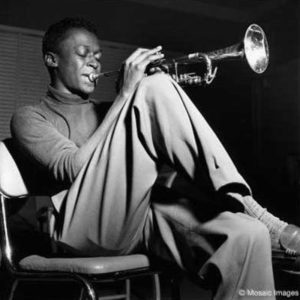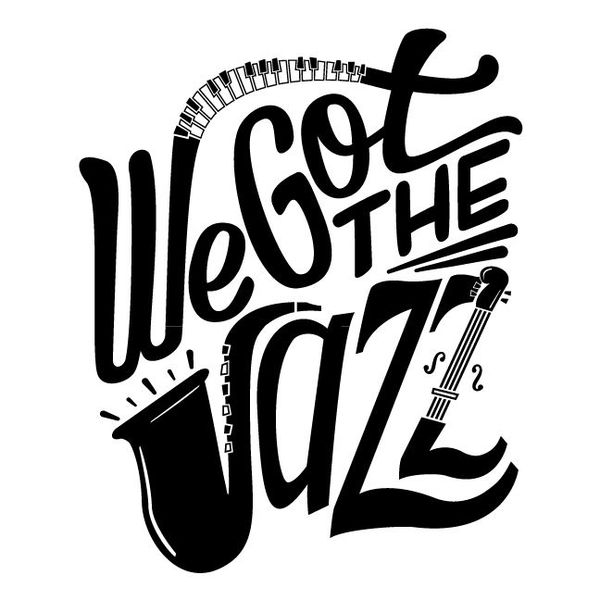
ORIGINS of FREE JAZZ
Free Jazz is a type of jazz that lacked traditional structure when compared to other forms of jazz music, It was often considered rebellious. It was first introduced by saxophonist Ornette Coleman in New York. It is identified as free because of the absence of fixed harmonic and rhythmic patterns found in traditional jazz music. Free Jazz highlights other musical aspects such as melody, rhythm, and different uses of harmony, to name a few. Free jazz is still considered as a form of jazz because of its swinging characteristics. However, it was not widely accepted throughout the jazz community. It is referred to as avant-garde, or new and unusual. Some describe free jazz as an attempt to return jazz to its primitive roots. When John Coltrane began to transition to free jazz, it started to gain prestige. The freedom in free jazz had more to do with the freedom of expression, and the ability to improvise and create. The purpose of free jazz was not to declare separation from traditional jazz, but rather declare freedom as a jazz musician. Free jazz developed in the late 1950’s to early ’60’s in the United States during the height of the Civil Rights movement. The Civil Rights Movement has been identified as a potential factor in the development of free jazz. This was a very influential period of time for the African American community. Blacks were fighting for their freedom both socially and politically. Many consider free jazz to be both a rejection of certain musical ideas and a musical reaction to the oppression and experience of black Americans. The musical dissonance was viewed as a sign of social dissonance. The differences and freedom found in free jazz were appreciated by radical blacks and whites associated with the Black Power Movement during the 1960’s, a movement that highlighted black unity, pride, and self-determination. Free jazz was also viewed as an expression of religion as well. Musicians such as Albert Ayler took traditional hymn melodies and turned them into abstract compositions to express a deeper emotional connection.
Ornette Coleman
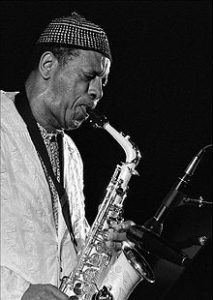
Recognizing Free Jazz
When referring to the characteristics of jazz, “free” is simply meant as a form of music that is usually improvised—produced on the spot, and has no constant beat. Misunderstood by listeners due to its atonal natural, free jazz became a musicians’ release and testament that was not easy for most of the world to hear. An artist could improvise through their emotions and display techniques of traditional jazz, swing rhythms, and the vibrancy of hard-bop. The lack of harmonies created a distinct dynamic that made it feel rooted and because it was played in such an unorthodox fashion, it reflected nothing European and was exceptionally unpredictable.
Free Jazz from a Political View
Aside from possessing a sound so unnatural , free jazz spoke a language for many young intellectuals that could not be jaded. During the mid-20th century music held the most clear reflection of life during the Civil Rights Movement. There is no coincidence for the popularity of the group named “Freedom Riders,” it was all a part of this notion to decolonize our lives. The social implications that popularized free jazz created a window of release for its participants and spectators, and each response was a declaration of change.
DON CHERRY
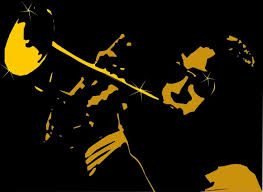
Influences of Future Genres
When Black people first started to create music there were no rules or guidelines to follow. They used their hands, voices, and the instruments around them to create music. Their songs were not written down, recorded, organized or planned. Free jazz brings black people back to their roots of music, random and unplanned. Free jazz influences the future genres by reminding Black people, what made our music stand out from what white folks were creating. Free jazz challenges listeners in a way that most genres do not. Listeners are forced to find patterns to cling onto and, musicians are free to create more in depth and complex pieces. As stated in the origins portion of this post, “ [Free Jazz] was often considered rebellious.” Black people have always been rebellious in the music we create, but at some point in time musicians began to stick to the status quo of creating music, and free jazz allows Black people to be more creative and invented with future genres and even within the genre of jazz.
John Coltrane
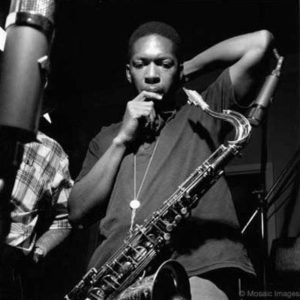
https://www.youtube.com/watch?v=i2jSgtdVu-Y
Commodification of Free Jazz
Free jazz was created as a way to form free creative expression in music. Jazz has a stereotypical way that its listeners think it should sound, but free jazz undoes this stereotype through its free structure and atonal flow. Because of its unstructured nature, free jazz still remains the most noncommercial form of jazz as compared to its sub-genre counterparts.
Miles Davis
